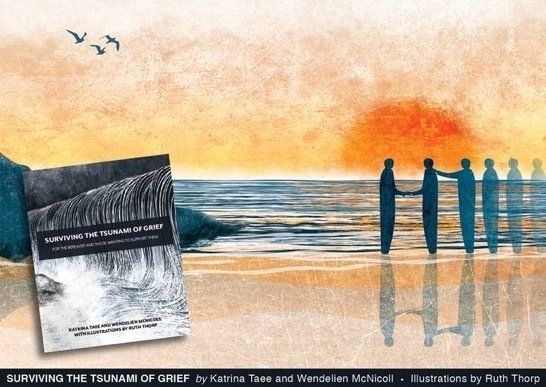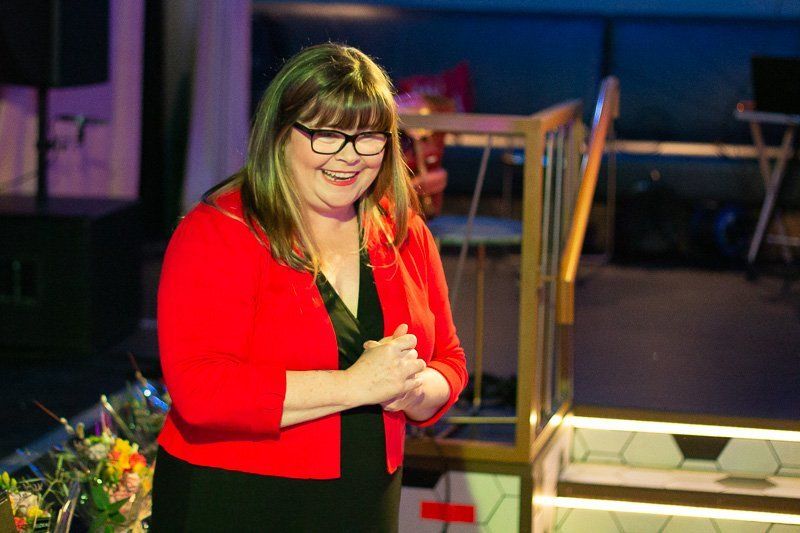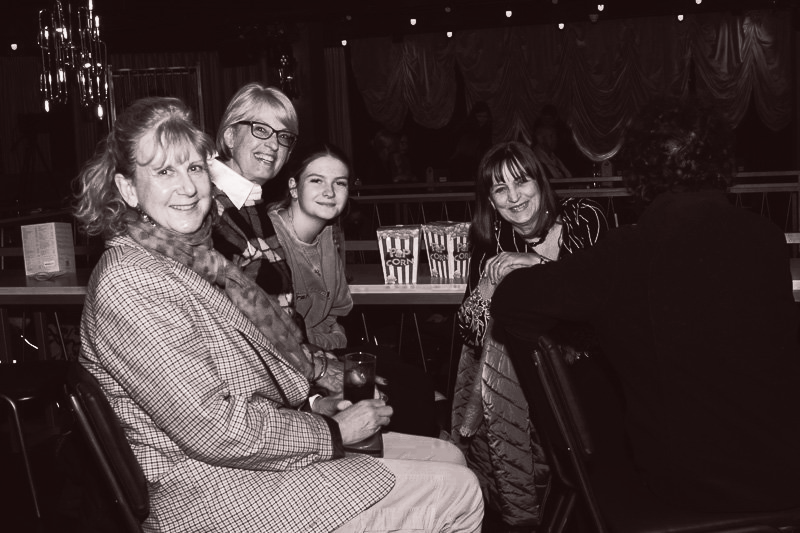Anticipatory Grief
Everyone knows about grief after death but what about the grieving that happens before a death?

We all know and expect grief after the death of someone we love, but what is not as well known is that people often grieve deeply before that loss, often from the time of a terminal diagnosis. This is what we mean by anticipatory grief. Wendelien and I did not include this type of grief in the book, when we wrote it, five years ago but since then, we have given it much thought and will undoubtedly include it when we make revisions in the future.
Edward Myers, in his book When Parents Die, A Guide for Adults says,
"If sudden death hits like an explosion, knocking you flat, then a slow decline arrives like a glacier, massive, unstoppable, grinding you down".
This is very true. Although there are many similarities between grief before and after the death of a loved one, there are certain aspects of anticipatory grief which make it unique. It is an uncomfortable collection of tumultuous feelings and reactions and it is often experienced very powerfully. Sadly, it is often poorly understood, known about, anticipated or even acknowledged. What makes it particularly difficult is the amount of time is is present and this is combined with the presence of a sort of loving hypervigilance which the families experience as they care for a poorly relative. They know that nothing will avert their decline, however much they care for them or how much they love them. There is often a deep sense of dread hovering over the household.
The ways in which anticipatory grief is unique is that it demands a family be fully present in the sight of impending death yet not lose sight of the living. At the same time it can feel like they are in a strange time warp, and time itself can seem to slow down. Loved ones try to hold onto hope (often for the patient) but also try to prepare themselves to let go, and this can be labelled as giving up by observers. This means they are in a very conflicted place and it is painful and stressful. You can think of it as each day, being a day of uncompleted loss and they wonder if it will ever end. It is true to say that there is a lack of a definitive end point and this takes it's toll.
Many of the responses of people within our book will be recognised by readers who are struggling with anticipatory grief, or the grief after the death of their loved one. In particular, the physical symptoms of grief are strongly present in both situations. We hope it helps whatever sort of grief you are coping with.
As a side note, Wendelien and I recently gave a lecture for Liz Gleeson's Shapes of Grief Education Programme. It is for people and professionals from many walks of life, who would like to understand more about grief, the different types of grief, models of grief and much more. There are many experts from the field of grief and bereavement work such as Irvin Yalom, Denis Klass, Kenneth Doka, Margaret Stroebe and others. Do take a look if it would be of interest.


